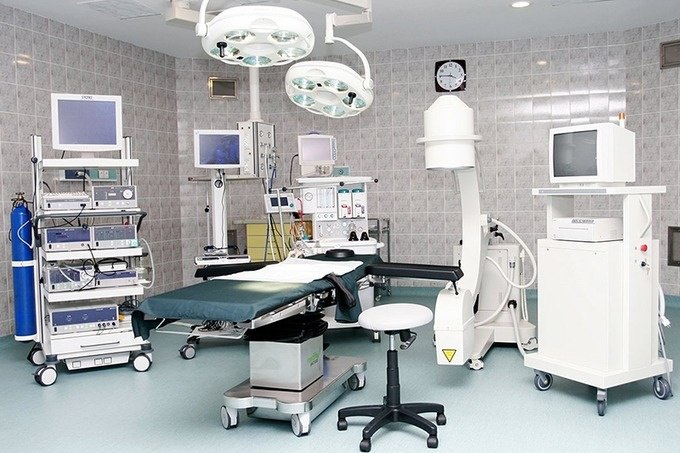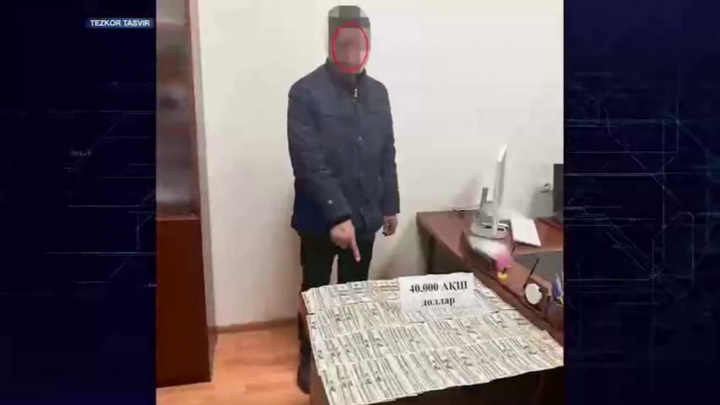Shavkat Mirziyoyev targets $30 million in annual medical service exports
The president chaired a meeting to review the progress of the services sector in 2024 and set a target to increase the annual export of medical services to $30 million, including by establishing clinics in border regions to serve citizens of neighboring countries. The meeting also focused on plans for the current year, with an emphasis on supporting creative industries and digital transformation.

Photo: Spot
The president highlighted opportunities to transfer government services to the private sector. Since 2022, businesses have been authorized to offer 27 types of services, with the potential to expand this list. For example, this includes the certification of tour guides by the Tourism Committee and the mandatory inspection of special equipment by the Agro Inspection.
By March 1, measures will be taken to outsource 11 services, and by October 1, an additional 18 services will be transferred. The Competition Committee will oversee the preparation of initiatives from each ministry in this regard.
The President also addressed the "numerous concerns" raised by entrepreneurs regarding land privatization, real estate, and leasing. The goal is to develop and publish clear, open, and transparent conditions for these processes.
Plans are also underway to expand the role of the social sector in exports. Last year, the "medical hospitality" program was launched, but while medical centers specializing in surgery, dermatology, and endocrinology provided services worth $1 million to foreign nationals, 18 other institutions recorded less than $300,000 in service exports.
The target is to increase the export of medical services from specialized centers to $30 million annually. The President has instructed that the process of transferring five clinics to private management be accelerated.
In the border regions of Tashkent and Namangan, 21 clinics will be opened with the capacity to serve citizens from neighboring countries. The experience of the medical center in the Airitom trade zone was cited, where 15,000 foreigners were treated in 2024.
Another sector with untapped export potential is education, the President noted. Last year, universities earned $26 million from international students, and in order to increase this figure, steps will be taken to help more universities enter the global top 1,000 rankings.
Additionally, the possibility of transferring cultural and creative centers to the private sector was raised. Last year, investors contributed 86 billion UZS to 15 such institutions, facilitating over 1,500 cultural events.
Related News

19:44 / 08.03.2025
Cancer patient in Tashkent hospitalized after public outcry on social media

13:25 / 01.03.2025
Health official arrested for $40,000 bribe in medical supply scam

12:29 / 01.03.2025
The price of health in Uzbekistan: How much do people spend on medicine?

11:42 / 28.02.2025



